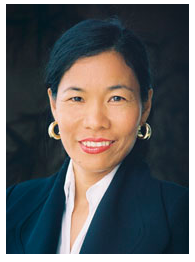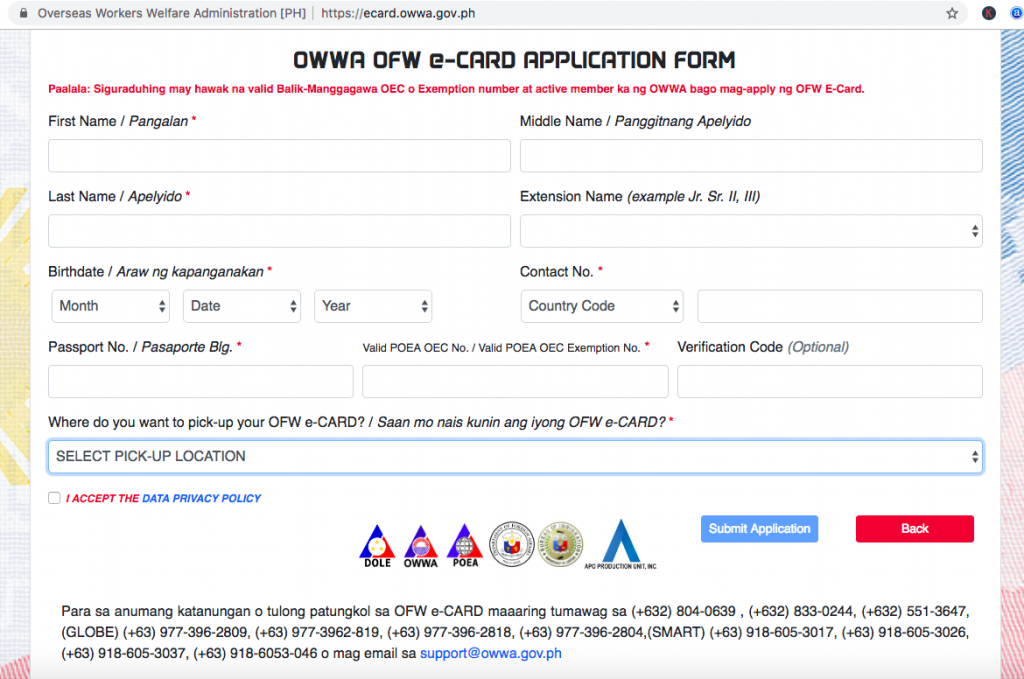According to the Philippine Statistics Authority, 22.42 million out of the 24.22 million housing units were occupied by households. NCR and Region IV-A have the highest number of occupied units and majority of the households prefer and live in single house (house and lot) over multi-unit residential buildings.
Apparently, only 55 percent of households own the house they are staying at – and your family belongs to the 45 percent who don’t have their own house. Because of this (and among many other reasons), you decided to go overseas where the pay is better than in the Philippines.
Here’s the thing: you’ve been working so hard and yet you still cannot buy your dream home. What seems to be the problem?
Well, these reasons could be why you still don’t have your own house:
Reason No. 1: No Savings Account
You’re earning close to P100K every month and yet, your housing loan is rejected. There are variety of reasons for that and one is you don’t have sufficient savings account.
Lenders look closely not just on the amount of money you are earning every month but also your banking activity. Lenders need assurance that you are financially responsible – and the best way to show that is by having a savings account where you deposit money regularly.
Build your savings account first and make sure you are diligent in depositing money in that account every month. This signifies financial responsibility, which lenders like.
Reason No. 2: Low Income
Yes, lenders pay close attention to how much you are earning – and it’s for a good reason.
Imagine this: you want to buy a house and lot worth P5 million. You are earning less than P100K every month wherein a big chunk of your money goes to never-ending expenses. As much as lenders want to help, they need to make sure that they will be paid no matter what. They need to see that your income could support your monthly amortization.
How can you solve this? Getting another job could be a good idea, but you need to make sure that your health could handle it. You can also try putting up your small business in the Philippines to help you show lenders that there are other income streams that could pay the monthly dues.
Reason No. 3: Rigorous Screening Process of Lenders
At this point, you know that lenders follow a strict screening process before they can approve every housing loan on their desk. Because of this strict process, you can’t get an approval and your dream home has yet to turn into a reality.
You can’t entirely blame the lenders. For starters, they need assurance. Lending you millions is no laughing matter and they want to make sure that they will be paid. This is why they look into every detail to minimize their risk; otherwise, they’ll go out of business as well.
Reason No. 4: Unrealistic Dream Home
Surely, everyone wants to have a house they can call their own. Does that mean a house in Forbes Park or Ayala Alabang?
One of the reasons why you can’t still buy your dream house is because of unrealistic expectations. We don’t mean to crush your dream to live in an exclusive and guarded neighborhood, but you need to make sure that your pocket and financial standing could support it.
Therefore, look for a house that is within your budget. Take note of the maintenance expenses such as repair and association dues since these won’t come cheap as well.
Reason No. 5: Lack of Commitment
You want to have your own place but are you doing something to make that happen? Your dream home won’t become a reality if you constantly send balikbayan boxes back home and give in to the demands of your extended relatives.
You need to be committed to your goal. Consequently, your entire family should be onboard this goal. Everyone’s cooperation is a must and if everyone is not committed to that dream home, then you might spend a decade or more overseas and go home to a rented property.




